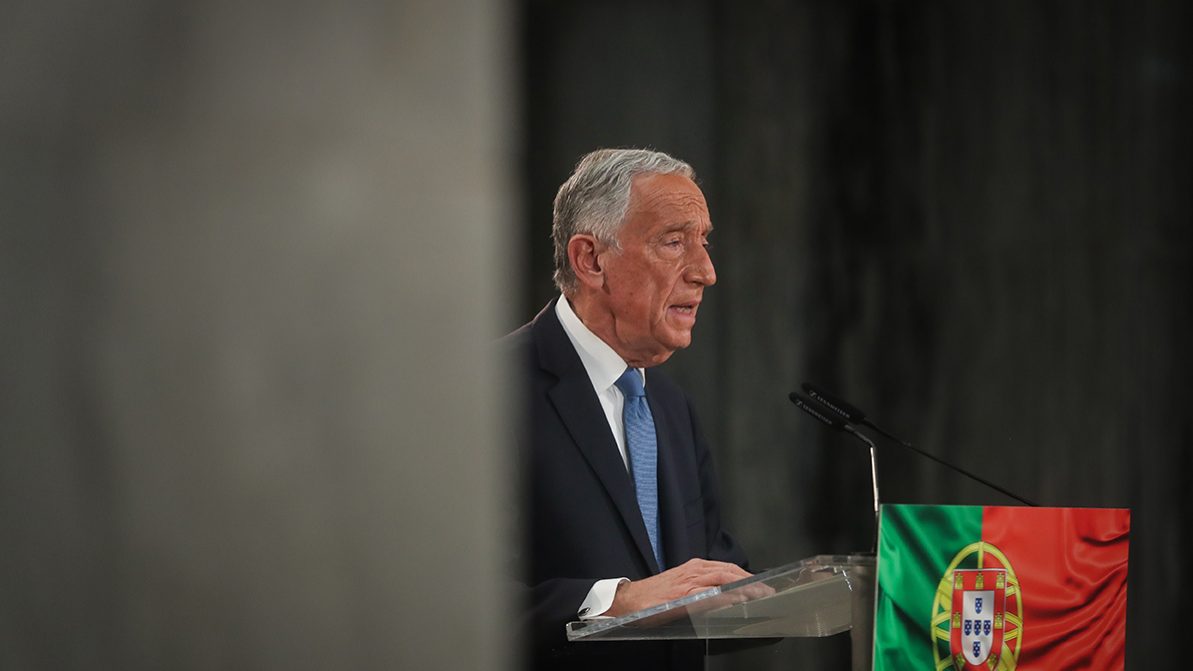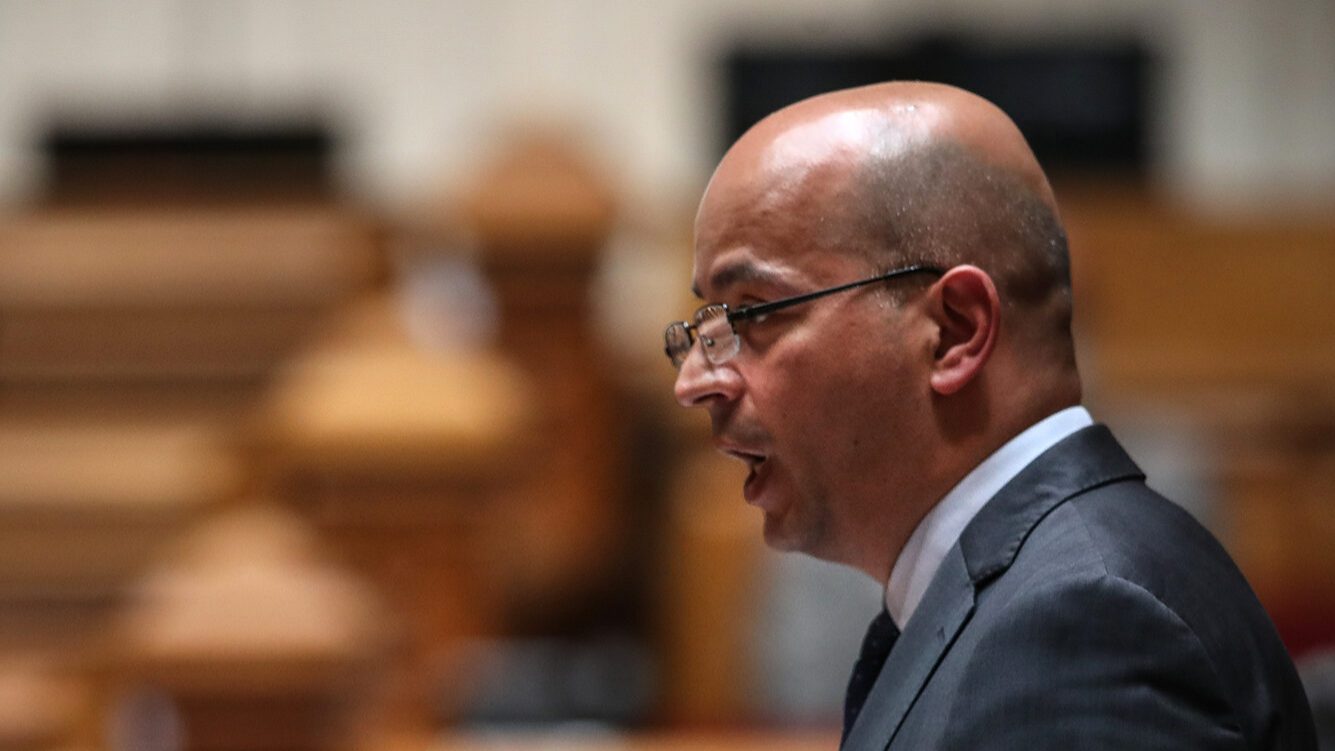EU green light allows governments to cut taxes
Marcelo Rebelo de Sousa announced that governments are beginning to "gradually apply" social support measures, such as tax cuts, in response to the rise in energy prices.
The Portuguese president said on Monday that governments are beginning to “gradually apply” social support measures, such as tax cuts, in response to the rise in energy prices, with the “green light” from the European Commission.
“In the immediate term, governments, with the green light from the European Commission, are starting to study and apply little by little, social support measures, [such as] tax cuts and support for those who need it, be it families and industries, above all, but companies in general,” stressed Marcelo Rebelo de Sousa.
He pointed out that the “turning of the page of the pandemic” and the European economic recovery has as a “fundamental piece” the price of energy.
Marcelo Rebelo de Sousa explained that the European Union has “greater flexibility as to the possibility that governments, in this emergency situation, can go further, reducing and lowering taxes and creating social support”.
He warned that this is a “very worrying” situation throughout the world and in Europe in particular.
“The rise in fuel prices is worrying for families because it crosses all of Portuguese society, it crosses all of European society and it crosses many economies in the world”.
Asked if there is room to lower taxes, Marcelo Rebelo de Sousa pointed out that it will depend on “the gravity of the situation” and “understandings at European level”.
“If Europe gives the green light for measures state by state, and Portugal has fought for this, Spain has fought for this, France also, because everyone is feeling the same problem, then the European Union has to relax its position in financial terms and can go further”.
The President of the Republic separated the escalating energy prices into two issues, recalling that some consider this to be a six-month problem, corresponding “to the exit of the pandemic and the mismatch between an increase in demand and the lack of supply”.
But also due to the “stoppage of investment during the pandemic in general energy renewables, also political problems that have to do with the price of gas”.
“The price of gas in Europe depends very much on what is fixed by a major power and that has an influence of more than 40% on European gas,” he added.
If the situation lasts “there are fundamental problems to be solved by the international community”.
“The international community needs to get together, and the European Union is working on this, to think beyond April. If this lasts beyond April what to do, because there is no economic upturn with fuel prices successively rising,” he said.
“Each country acts on its own, but must act in concert with neighbouring countries, in concert with the countries that make up the European Union, and this will dominate the coming weeks and months until spring,” he warned.


